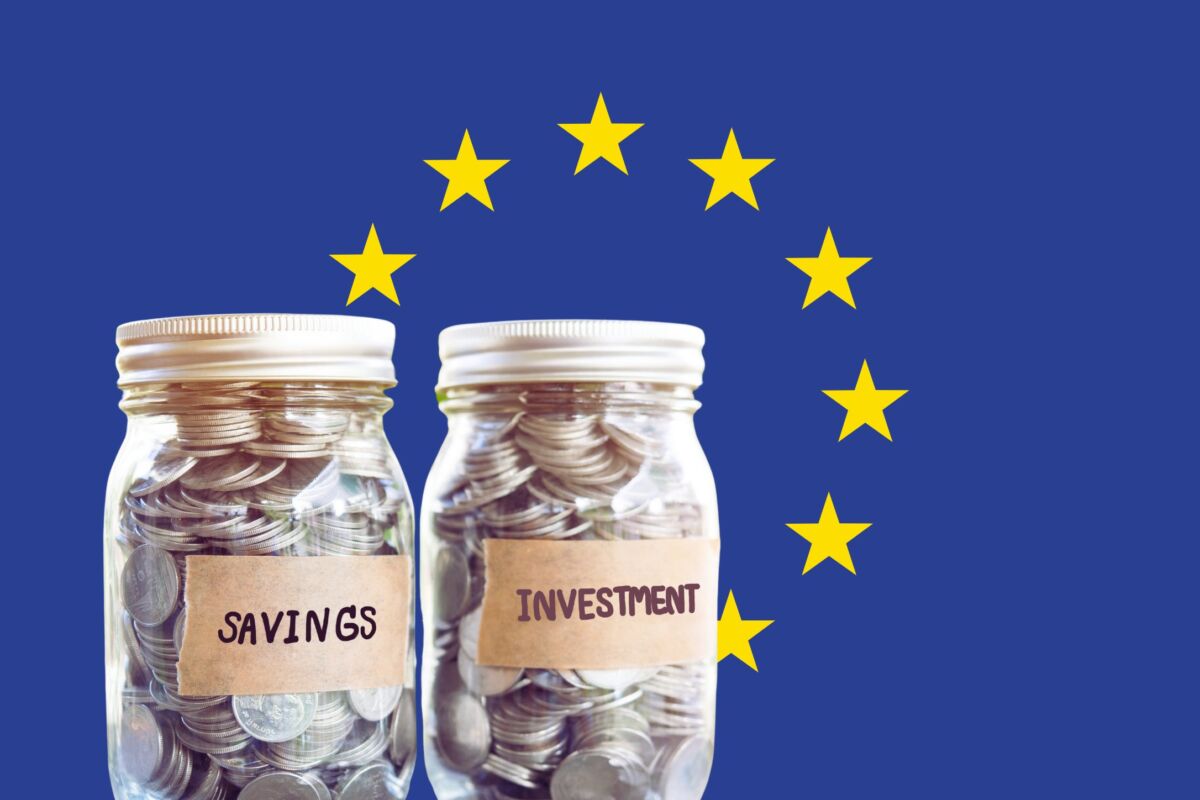The EU’s sustainability reporting rules urgently need to be recalibrated. What began as a bold legislative push to steer markets towards environmental and social goals is now showing signs of regulatory overreach. Companies, especially SMEs, are struggling to navigate three major frameworks: the Corporate Sustainability Reporting Directive (CSRD), the Corporate Sustainability Due Diligence Directive (CSDDD) and the EU Taxonomy Regulation.
The European Commission’s proposed Omnibus Directive is meant to ease this burden. But a CEPS independent analysis, conducted for the European Parliament (EP), finds that the proposal falls short. It focuses too narrowly on reducing the number of companies in scope or the frequency of reporting, while overlooking the deeper challenge – namely the cumulative and interdependent nature of the obligations these frameworks impose in practice.
The real issue isn’t legal duplication but operational convergence. Unless this is addressed through more integrated guidance, coherent standards and clear reporting pathways, Europe risks undermining both its sustainability ambitions and its global competitiveness.
The problem is real
The proposed Omnibus Directive aims to reduce compliance burdens arising from the CSRD, CSDDD, and the EU Taxonomy Regulation. It reflects rising concern among firms, policymakers and financial institutions that fragmented requirements are stifling sustainability investment and stretching corporate reporting systems to the limit.
These concerns are well-founded. A recent ECB study shows that environmental and sustainability reporting obligations are impeding firms’ ability to secure financing for the climate transition.
In short, the policy response is timely. But the Commission’s proposal does too little and in the wrong ways.
Products of a different era
The three pieces of legislation reflect political and economic priorities of an earlier moment. In the years following the pandemic and Russia’s invasion of Ukraine, the EU was right to prioritise energy independence, climate leadership and sustainable investment.
Yet in pursuing this agenda, the Commission often underestimated the cumulative regulatory burden on companies, particularly SMEs. This is becoming harder to justify in today’s geopolitical context, where competitiveness, attracting capital and regulatory coherence are moving higher up the agenda.
Calls for rebalancing are growing louder, with the Draghi and Letta reports both pointing to smarter regulation as a pillar of Europe’s economic renewal. The sustainability agenda remains vital, but it must now be pursued with greater efficiency, proportionality and strategic coherence.
Haste makes waste
Unfortunately, the legislative process that led to the Omnibus undermines its legitimacy and effectiveness. The Commission failed to publish a summary of the responses to its 2023 call for evidence, as required under Better Regulation guidelines. Nor did it provide an Impact Assessment to support the proposal. This isn’t just a technical shortcoming – it makes it impossible to understand how the Commission weighed the costs and benefits of the proposed changes… or whether it did so at all.
In many cases, the proposal reverses positions previously defended by the Commission in earlier impact assessments, with no explanation for this shift. For instance, the 2021 CSRD Impact Assessment clearly justified the inclusion of non-listed SMEs within the scope, yet the Omnibus proposal now exempts many of them without discussing the benefits foregone.
Reporting overlaps or operational convergence?
At first glance, Omnibus seems driven by a desire to eliminate overlapping reporting requirements among the CSRD, CSDDD and the Taxonomy. But our detailed legal and technical assessment for the EP finds no explicit reporting overlap between these instruments.
Each serves a distinct purpose: the CSRD mandates disclosure, the CSDDD imposes behavioural obligations and the Taxonomy sets classification criteria. Once this is properly understood, the core problem isn’t duplicating legal obligations but a convergence in operational demands.
Firms often rely on the same data systems, internal processes and risk assessments to meet multiple requirements. For example, due diligence conducted under the CSDDD informs disclosures under the CSRD and helps satisfy the Taxonomy’s minimum safeguards. While there’s no legal duplication, there’s clearly a functional burden, especially for companies managing these frameworks simultaneously across multiple jurisdictions and supply chains.
Yet Omnibus addresses this indirectly and inadequately. It reduces the number of firms subject to obligations and the frequency of reporting but fails to tackle the underlying issue – the need for better integration, sequencing and guidance across these frameworks.
Unclear trade-offs, untested solutions
Reducing the scope or frequency of reporting may provide short-term relief but it carries opportunity costs. Companies further along in CSRD implementation have begun to realise the strategic benefits from reporting: improved stakeholder engagement, better risk management and stronger internal governance. A recent PwC survey confirms that many companies view CSRD as a catalyst for business transformation, not merely a compliance burden.
Removing obligations from large numbers of firms risks forgoing these gains. Yet the Commission’s proposal contains no serious discussion of these trade-offs. Some of the changes appear arbitrary or insufficiently justified – such as extending the review period for due diligence under CSDDD to five years or abandoning the development of sector-specific sustainability standards without clear criteria.
What should be done?
The Commission should urgently revisit the Omnibus proposal. It must publish the missing summary of stakeholder input, provide a dedicated Impact Assessment and clarify the rationale behind its policy reversals. More fundamentally, it should shift the focus from cutting who falls under scope to improving integration.
Better guidance and coordination across the CSRD, CSDDD and the Taxonomy is essential. Companies should be able to use a single due diligence system to satisfy all three frameworks. ESRS standards should be updated to reflect how behavioural obligations under CSDDD and safeguards under the Taxonomy can be disclosed once and consistently. Greater alignment in governance disclosures and risk assessments would also reduce compliance costs.
Finally, the EU needs to develop a longer-term simplification agenda. This includes issuing interpretive guidance, consolidating overlapping requirements where feasible and ensuring that updates to the ESRS and Taxonomy delegated acts are supported by proper impact analysis and business testing. A unified sustainability framework, built on coherence and clarity, will serve both the green transition and the competitiveness agenda.
Omnibus attempts to address real concerns but in its current form, it risks going in the wrong direction. Without greater rigour, transparency and policy coherence, it may ultimately weaken – rather than strengthen – the EU’s sustainability and competitiveness agenda.
This CEPS Expert Commentary is a longer version of an article that was originally published on EurActiv, which you can access here.
To read the original report that these articles were based on, please click here.





































